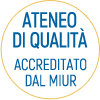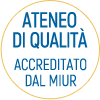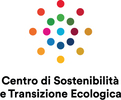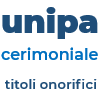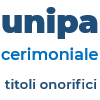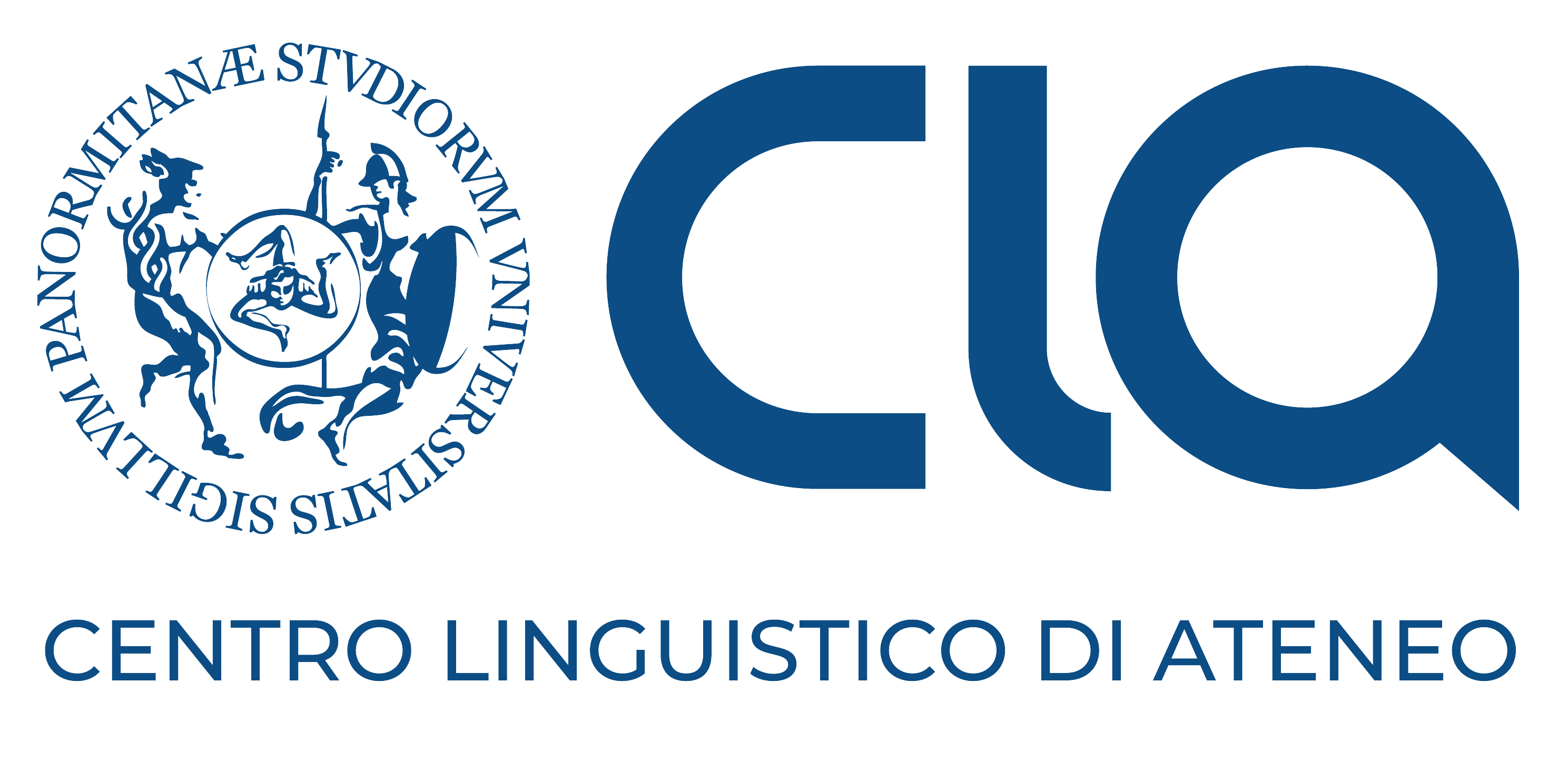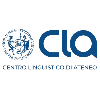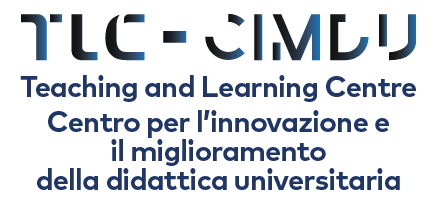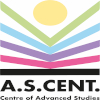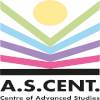The Preschool-FLAT (Food Literacy Assessment Tool)
Development
The preschool-FLAT (Food Literacy Assessment Tool) was developed in 2020 by a multidisciplinary team from the Sport and Exercise Sciences Research Unit of the Department of Psychology, Educational Science and Human Movement, University of Palermo, Italy, within the Training-to-health Project, a study financed by the Municipality of Palermo, approved by the Ethical Board of the University of Palermo (N. 2/2018) and officially registered in 2018 (Trial Registration: NCT03454061).
Aim and impact
It is an instrument targeted to preschoolers (but easily adaptable to children from primary schools) aimed at:
- evaluating food literacy;
- building food knowledge and skills;
- shaping a correct food and nutrition attitude throughout the life course.
The impact of this tool is massive:
- preschoolers can be monitored throughout time;
- possible determinants of low FL can be identified and corrected;
- preventive actions can be promptly implemented, thus contributing in the prevention of chronic diseases in adult age.
Users
The possible users of the tool can be mainly:
- schoolteachers;
- all people working in the field of education of young children;
- public health researchers and the scientific community.
Structure
The tool is composed by 5 modules assessing children’s knowledge, attitudes and skills on different aspects of food, diet and nutrition: weight status/food, weight status/health (Module 1); food quality or quantity/health (Module 2); food/environment (organic foods/meals, fresh foods, seasonality of foods) (Module 3); traditional foods/ meals (Module 4); and food groups/meals and food pyramid (Module 5).
For each domain, a 5-point scale (from 0 to 4) according to Likert was generated in order to rank children in classes of food literacy. Since each module includes 4 items (for a total of 20 items), the total score is obtained by the sum of the scores of the single items and can range from 0 to 20 (where 0 indicates no food literacy and 20 indicates high food literacy).
Validation
The following parameters have been estimated to validate the tool: Content Validity, Internal Consistency, Construct Validity and Discriminant Validity. The results indicate that this is a valid and consistent instrument, with good psychometric properties.
Adaptability
The tool can be easily added in the school curriculum:
- it is estimated that around ten hours of school lessons during a whole school year are needed to administer the toolkit;
- the arguments treated during the lab sessions are also usual arguments treated by all teachers in the normal curriculum;
- budget request by the school is minor; only some printed copies of the forms, and some other material, that is generally present in the school, to perform the practical activities of the children.
This instrument can be easily adapted to different contexts (geographical areas, socio-economic environments).
The tool is adaptable to children from primary school.
References
- Tabacchi G, Battaglia G, Messina G, Paoli A, Palma A, Bellafiore M. Validity and internal consistency of the preschool-flat, a new tool for the assessment of food literacy in young children from the training-to-health project. International Journal of Environmental Research and Public Health, 2020 Apr, 17(8), 2759.
- Tabacchi G, Battaglia G, Alesi M, Paoli A, Palma A, Bellafiore M. Food literacy predictors and associations with physical and emergent literacy in pre-schoolers: Results from the Training-to-Health Project. Public Health Nutrition, 2020 Feb, 23(2), 356-365.
- Battaglia, G., Giustino, V., Tabacchi, G., Alesi, M., Galassi, C., Modica, C., Palma, A., Bellafiore, M. Effectiveness of a Physical Education Program on the Motor and Pre-literacy Skills of Preschoolers From the Training-To-Health Project: A Focus on Weight Status. Frontiers in Sports and Active Living, 2020, 2, 579421.
- Tabacchi, G., Petrigna, L., Battaglia, G., Navarra, G., Palma, A., Bellafiore, M. An interaction path of mothers’ and preschoolers’ food-and physical activity-related aspects in disadvantaged sicilian urban areas. International Journal of Environmental Research and Public Health 2021, 18(6), pp. 1–13, 2875.




